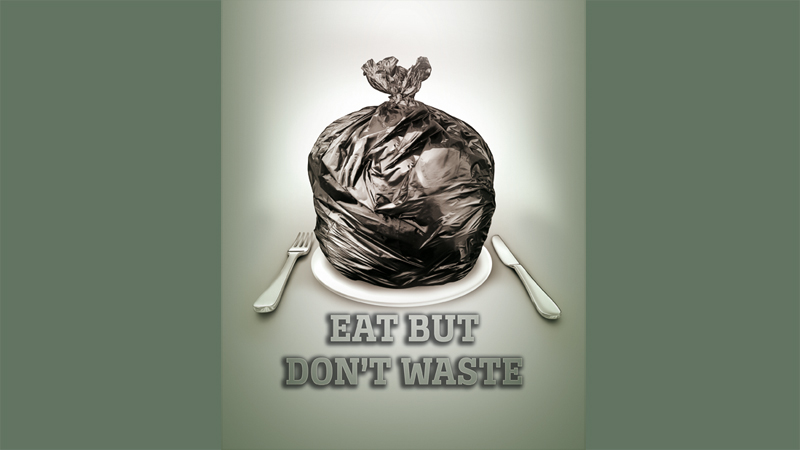

With only a few days left for the start of Ramadhan, all necessary arrangements are being made to ensure availability of all services and goods required during the holy month of fasting. At the same time, this is the period when consumption and wastage of food increases enormously. According to a report in EcoMena, around one-fifth of the food purchased or prepared during Ramadhan finds its way to garbage bins or landfills.
“This translates into tonnes of precious food which could have been used for feeding tens of millions of hungry people in impoverished countries of Asia, Africa and elsewhere”, says the report.
There are approximately 805 million people worldwide who live with chronic hunger, of which 60 per cent are women. Almost five million children under the age of five die of malnutrition-related causes every day.
Reducing food losses and waste is gathering increasing global concern and action. Governments, research institutions, producers, distributors, retailers and consumers have all different ideas about the problem — the solutions — and the ability to change.
The staggering amount of food waste generation during Ramadhan urgently calls for a strong strategy for its minimisation, sustainable utilisation and eco-friendly disposal, urges the report.
Reducing food waste can deliver significant cost savings and it contributes to the environment at the same time.
According to Food and Agriculture Organisation of United Nations, food loss and food waste refer to the decrease of food in subsequent stages of the food supply chain intended for human consumption.
Estimates of global food waste have been as high as 30 or 50 per cent. Although these estimates are based on what has been described as “a weak evidence base” and “inadequate and dated” the evidence shows “there is little doubt that the scale is substantial”.
Middle East nations are acknowledged as being the world’s top food wasters, and during Ramadhan the situation takes a turn for the worse.
According to a research conducted at Sultan Qaboos University, nearly RO 54 million worth of food is wasted in Oman every year.
An average Omani family wastes about a third of all food prepared within the household, the research points out.
“The food waste during Ramadhan is increasing substantially each year. Citizens and residents alike spend a lot on lavish grocery shopping and buy items which are often not necessary”, says another report.
High-income groups usually generate more food waste per capita when compared to less-affluent groups.
Food waste is generated from various sources such as household kitchens, restaurants, hotels, shopping malls, fruits and vegetables markets, food industrial processing companies and catering businesses.
The EcoMena report by Rehan Ahmad suggests that the foremost steps to reduce food wastage during Ramadhan are behavioural change, increased public awareness, strong legislations, creation of food banks and community participation.
“Effective laws and mass sensitisation campaigns are required to persuade the people to adopt waste minimisation practices and implement sustainable lifestyles”, suggests the report.
Establishment of food banks in residential as well as commercial areas can be a very good way to utilise surplus food in a humane and ethical manner.
“In fact, food banks in countries like Egypt, India and Pakistan have been operating successfully, however, there is a real need to have such initiatives on a mass-scale to tackle the menace of food waste”, says report.
The best way to reduce food waste during Ramadhan is to feel solidarity towards millions and millions of people around the world who face enormous hardships in having a single meal each day.
Oman Observer is now on the WhatsApp channel. Click here



